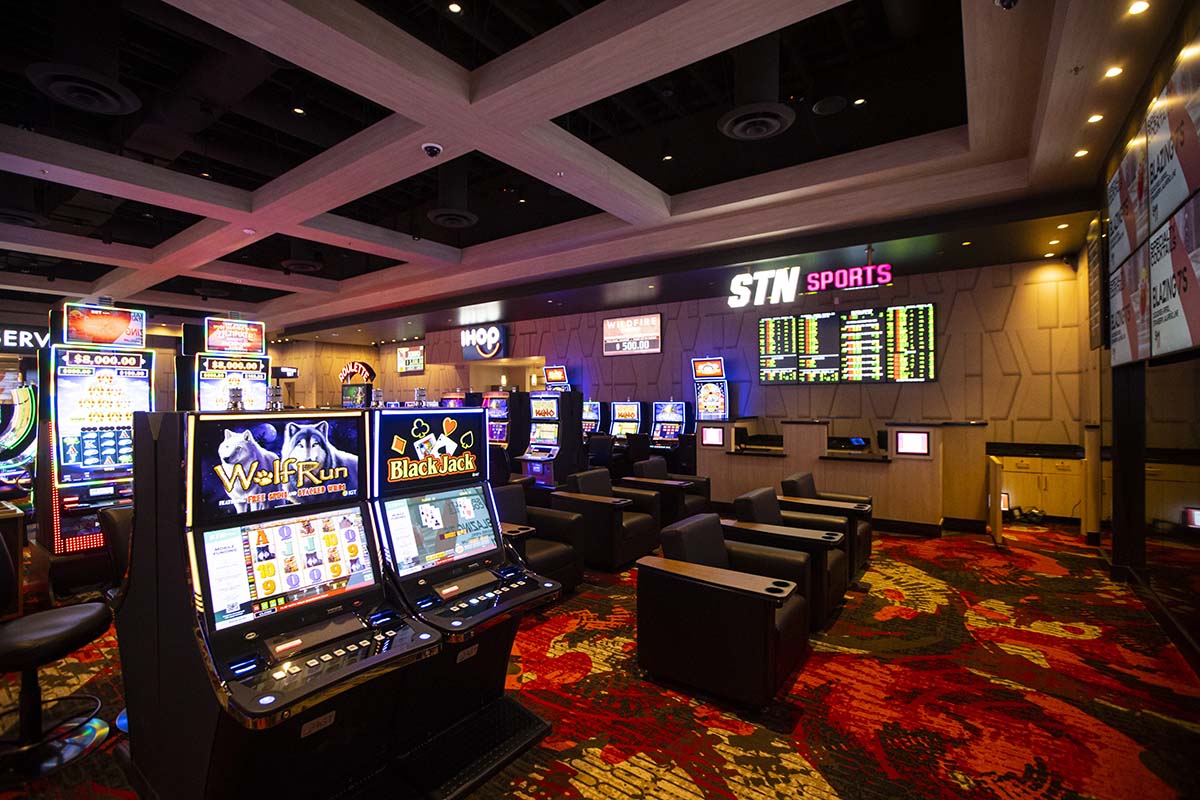
Gambling games have long been a fascinating form of entertainment, drawing numerous of players from varied cultures around the globe. From the lively casinos of Vegas to the bustling gambling halls of Macau, these games serve as a bridge that connects people across different backgrounds. The allure of luck, skill, and risk entices not only those seeking to gamble for profit but also those seeking a feeling of belonging.
The influence of casino games extends far beyond the gaming floor. They often represent the social norms and beliefs of the societies in which they prosper. Games such as Texas hold ’em, blackjack, and the spinning wheel have woven themselves into the mosaic of mainstream culture, influencing everything from films to fashion. As we explore this captivating intersection of chance and society, we can better understand how casino games shape and are shaped by the world around us.
Historical Progression of Gambling Games
The origins of gaming activities can be followed back to historical civilizations, where gambling in different forms was widely engaged in. In Ancient China, around 2300 BC, a type of luck game known as Keno was well-known, while in ancient Rome, soldiers would frequently gamble on the results of their games. The concept of using randomness for fun and gain progressed over the years, leading to the creation of more structured games. By the final Middle Ages, betting houses began to surface in the continent, especially in Italy, which introduced early forms of well-liked activities still played today.
As betting increased recognition in European regions, the 17th and 18th centuries saw the appearance of casinos as dedicated establishments for betting. New 88 The earliest official gaming venue, the Ridotto, was set up in the Venetian city in 1638, featuring games like Baccarat and Faro. This time marked a significant turning point, as gaming venues commenced to welcome not just the high society but also the expanding middle-income class. The complexity of games grew, leading to the introduction of new guidelines and variations that improved the experience of players.
In the 19th century, the era of industrialization and changes in social conventions also changed the landscape of gambling games. The introduction of the game of roulette and contemporary one-armed bandits pulled in a broader clientele, and casinos became seen as legitimate forms of entertainment. This era witnessed the international spread of gambling, as gambling houses expanded from European nations to the New World, culminating in the creation of the famous Las Vegas Strip in the twentieth century. The progress of gambling activities has continued into the modern era, including modern technology and online services, making them accessible to a global audience.
## Cultural Importance in Different Societies
Casino games have significant social importance across many communities throughout the globe. For instance, in Las Vegas, the very essence of the city is woven around gambling establishments, where gaming is not just a pastime but a key aspect of entertainment and community life. The dazzling lights and dynamic atmosphere attract countless individuals, showcasing how gambling activities can impact local economies and cultural uniqueness. This setting transforms the notion of recreation into an engaging event that shapes apparel, melodies, and even film.
On the other hand, some communities view gambling with an air of caution, viewing it through the lens of ethical considerations and tradition. A case in point, in numerous Oriental cultures, games like Mahjong and Pai Gow Gambling are steeped in history and have significant social meanings. These games are often played during meetings and celebrations, fostering community bonds and reinforcing familial ties. The act of participating in these games goes above mere entertainment, reflecting ethics such as respect for elders and the importance of communal fun.
At the same time, in continental countries such as Monte Carlo and Rome, gambling activities serve as symbols of wealth and sophistication. The elegant atmosphere of these venues attracts both tourists and native inhabitants, reinforcing a sense of prestige and exclusivity. The art of poker and the strategic features of games like banker’s game are celebrated, influencing interpersonal interactions and cultivating an appeal that captivates a diverse audience. This emphasizes how gambling can concurrently reflect and mold cultural perspectives towards risk, reward, and community interaction.
Financial Influence and Tourism
Casino games play a important role in the financial context of many areas, particularly those that rely heavily on visitor traffic. The revenue produced from gambling establishments fuels local financial systems, creating jobs not only within the casinos but also but also in related sectors such as hotel management, restaurant services, and recreation. This influx of tourists, drawn by the allure of gambling and the overall casino experience, stimulates expenditure across multiple local enterprises, contributing to the economic health of the area.
The existence of casinos often leads to the development of infrastructure, including lodging, transportation systems, and recreational facilities. These improvements are essential in enhancing the overall visitor satisfaction, making locations more appealing to visitors. Additionally, many casinos invest in local communities through support of events and philanthropic activities, further embedding themselves into the social fabric of the region. Such investment not only supports economic growth but also cultivates a positive reputation of the casino industry.
In addition, the worldwide appeal of casino games drives competitive tourism, with regions vying to attract players from around the world. Iconic destinations like Las Vegas and Macau have become identifiable with casino culture, drawing millions annually. This competitive edge encourages creativity and diversification within the gaming industry, influencing trends in leisure and accommodation that extend beyond their limits. The consequences of this tourism extend wide, impacting local financial health and cultural interactions on a worldwide scale.
